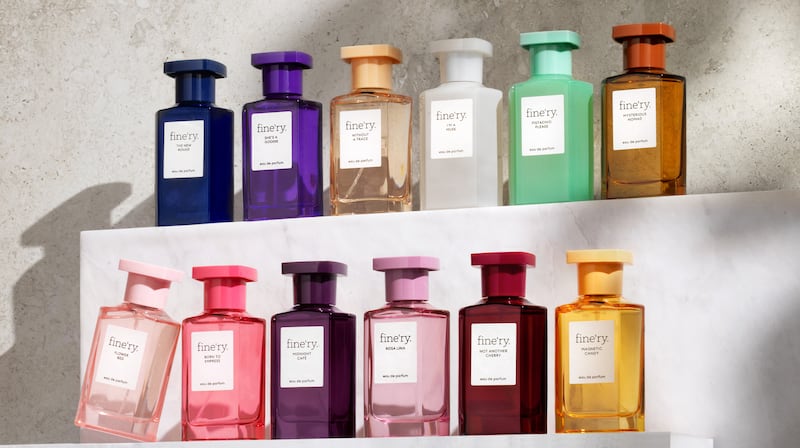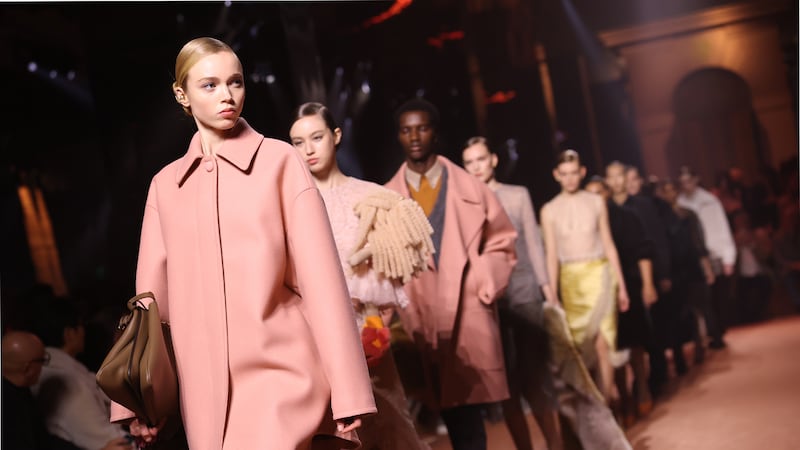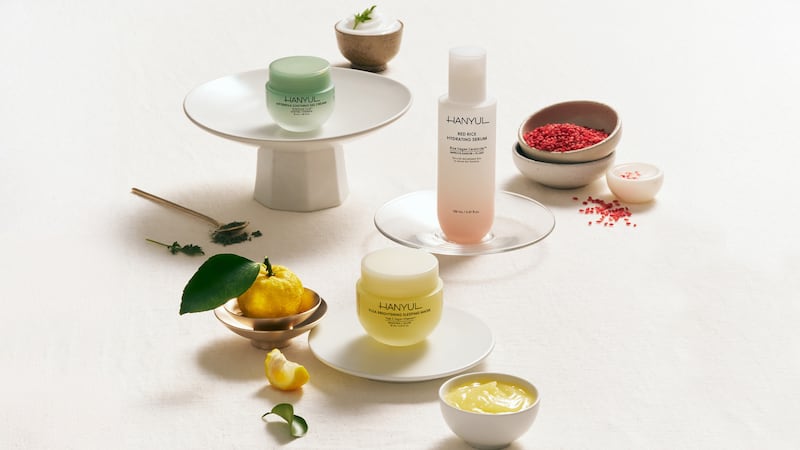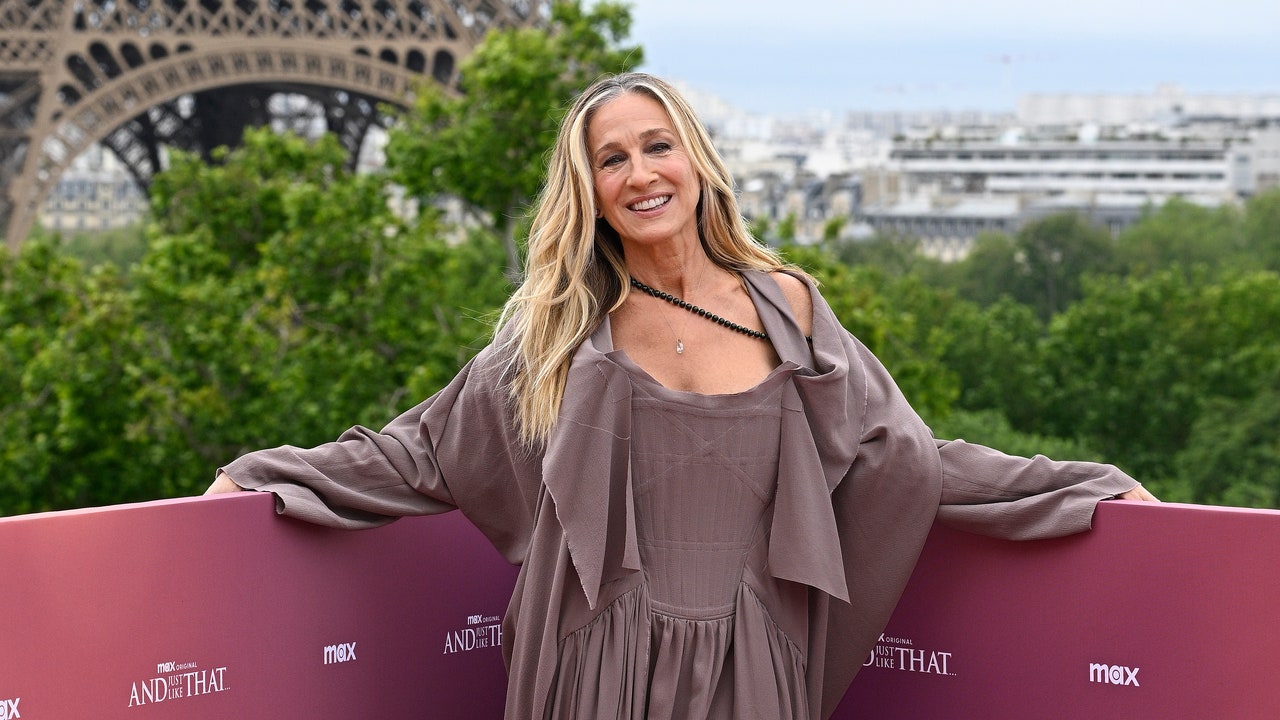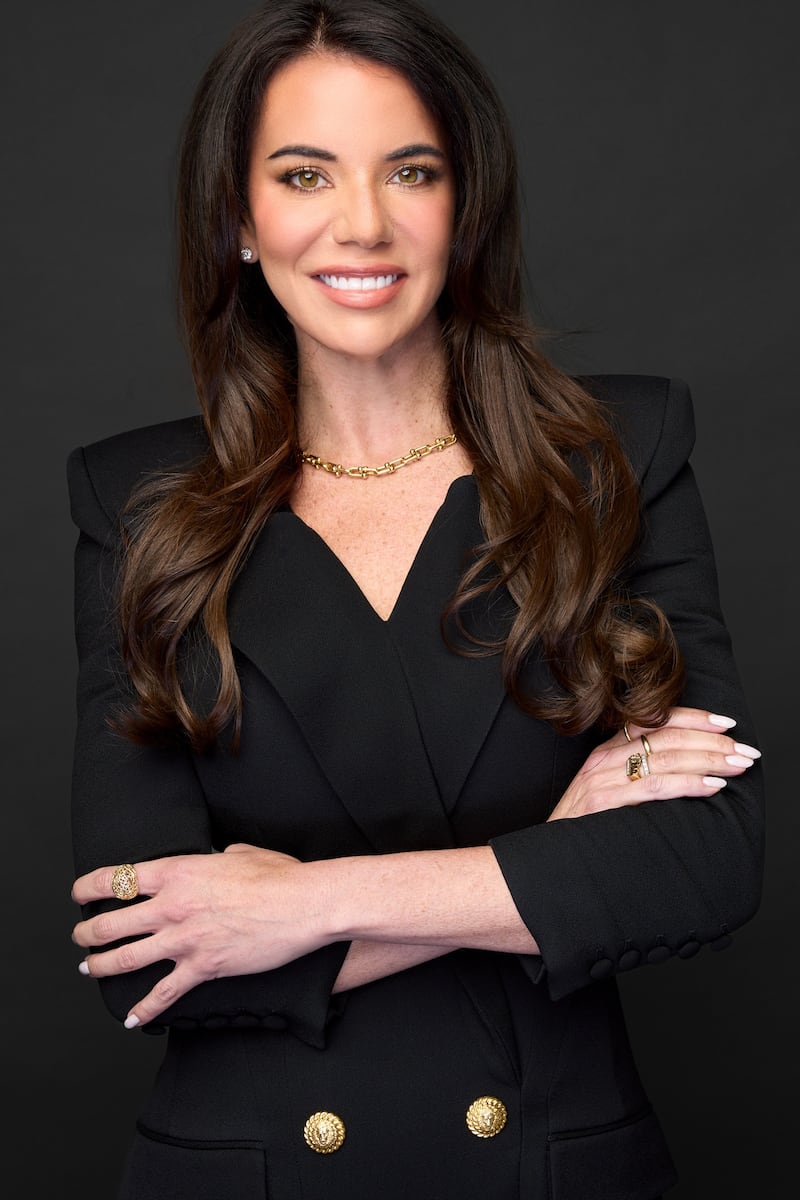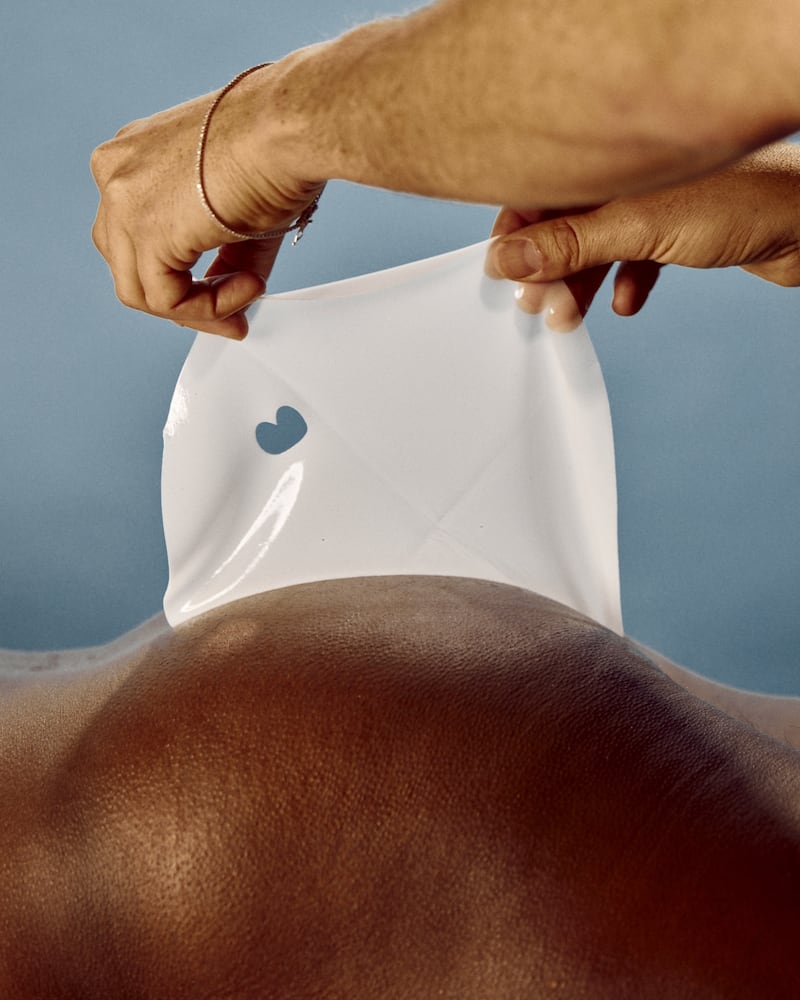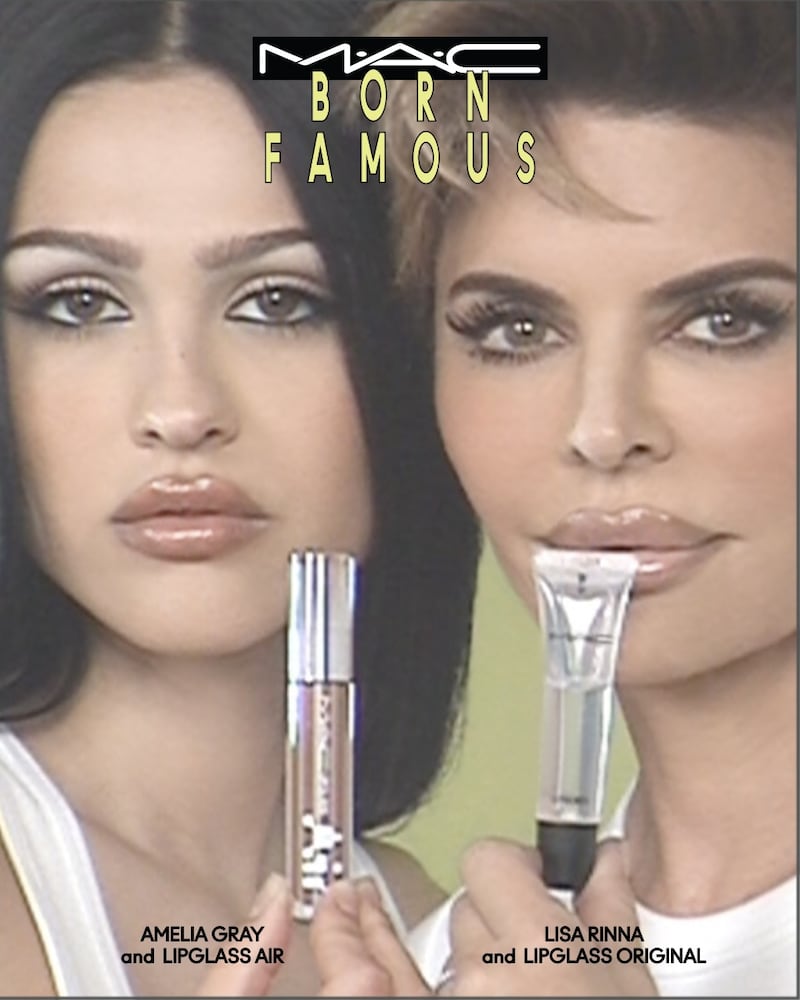Unable to travel overseas during the Covid-19 pandemic, Chinese consumers sparked a shopping boom in the southernmost province of Hainan, lured by the tropical island’s plethora of duty-free shopping malls.
Fast forward to today and the travel-retail sector in Hainan is in a 14-month slump with little sign of a turnaround. Duty-free sales dropped 10.8 percent over the first four months of 2025 compared with a year earlier, according to the latest data from the local customs agency. Both the number of shoppers and products purchased declined more than 25 percent so far this year.
Global heavyweights of the beauty industry are also feeling the impact of cratering travel retail in China. Until recently, the likes of Estée Lauder Companies, Shiseido Company, and L’Oréal counted on the lavish duty-free spending of Chinese travellers to drive their earnings growth. But all three saw their Asia or China travel retail sales shrink last year and in the first quarter of 2025.
The newfound frugality in duty-free spending follows a similar trajectory to the challenges faced by global luxury brands in the world’s second-largest economy. Exuberant pandemic-era spending emboldened companies to make hefty investments, only to see demand rapidly shrink after consumers pulled back on spending in the aftermath of Covid.
ADVERTISEMENT
L’Oréal plans to cut as many as 50 percent of its employees in its travel-retail division, mainly made up of Chinese staff, due to the poor performance of the duty-free sector in the country over the past two years, local media Caixin reported in April.
The Paris-based beauty giant is undergoing a transformation aimed at responding better to market shifts and evolving consumer needs, according to a statement from the company’s travel-retail unit. The Caixin report is not accurate, it added.
The belt-tightening among Chinese shoppers also contributed to a 17.5 percent decline in first-quarter sales for Beiersdorf AG’s luxury skincare brand La Prairie. It has responded by cutting its reliance on China.
“The cosmetics industry has seen the price advantage of travel retail eroded,” said Jacques Roizen, managing director of China consulting at Digital Luxury Group. “Discounts by global beauty brands — frequent and deep — offered across online and offline platforms have narrowed the gap between mainland and duty-free prices, diminishing the appeal of travel retail for beauty products.”
Highlighting how Hainan malls have lost their edge on pricing, Sam’s Club, Walmart Inc.’s membership chain in China, sells Crème de la Mer facial cream at times for around 20 percent less that the duty-free outlets. Shoppers who purchase the item on Alibaba Group Holding Ltd.‘s Tmall, China’s dominant e-commerce platform, don’t get a discount but will receive a selection of free gifts in addition.
The post-Covid resumption of travel to the likes of Japan and Southeast Asia has also eroded duty-free spending in Hainan. Affluent spenders, who supercharged Hainan’s duty-free sales during the pandemic, are once again shopping abroad, according to Roizen. Adding to the challenges is the rising popularity of domestic beauty brands offering high-quality products at competitive prices, he said.
Beijing’s crackdown on resellers taking advantage of the island’s duty-free shopping rules has also deflated the boom in Hainan. Known as “daigou” in Chinese, some went so far as to use other people’s duty-free shopping quotas to buy large quantities of goods and resell them in the rest of the Chinese mainland at a profit. A customs campaign against the practice in 2023 seized more than $83 million-worth of duty free goods bought in Hainan and resold elsewhere, according to a report by state-owned newswire China News Service.
The slump has also had an impact on Hainan’s economy. At the height of the duty-free shopping frenzy in 2021, it grew 11.2 percent year on year, well above the nationwide growth rate of 8.6 percent. In 2024, Hainan’s gross domestic product increased 3.7 percent, lagging China’s overall growth rate of 5 percent.
ADVERTISEMENT
In 2022, the Hainan government targeted duty-free sales of 100 billion yuan. In its most recent work report for 2025, the target is just 52 billion yuan.
Unfulfilled Hopes
After first introducing an annual duty-free shopping quota for Hainan of 5,000 yuan in 2011, the authorities drastically increased the allowance to 100,000 yuan in 2020. The government support gave global beauty houses high hopes Hainan would be a key growth market for years to come. Shiseido inaugurated six dazzling new stores for its premium brands in 2022. Pola Orbis Holdings Inc. opened its first duty-free store in Hainan in 2021.
And the prospect of tourists willing to spend gained the interest of property developers. Both Swire Properties Ltd and LVMH Moet Hennessy Louis Vuitton SE have teamed up with local partners to build luxury retail developments in Sanya scheduled to open from next year.
Swire Properties told Bloomberg its investment aligned with Hainan’s long-term vision, with 50 percent of its HK$100 billion ($12.8 billion) investment plan earmarked to support a long term growth strategy in the mainland.
“We remain optimistic about the future of the Hainan Free Trade Port,” the company said in an emailed statement.
LVMH didn’t respond to a request for comment.
“Hainan’s travel retail hasn’t shown a strong recovery yet,” said Serena Sang, a consumer analyst at SPDB International Holdings Ltd. “Per capita spending during this year’s May Day holiday continued to decline. We still need time to gauge consumer response as the island pushes for independent customs operations.”
Hainan resident Chen Yushan exemplifies the changing spending habits. Four years ago, the 30-year-old would regularly make the more-than six-hour round trip from her home in Hainan to buy bagfuls of luxury cosmetics at the duty-free malls. Even though she lives close to the outlets, she has to take the arduous round trip as shoppers need to show proof of travel from the mainland to qualify for the duty-free quota. Now she only makes the trip once or twice a year as the economy slows and the outlook becomes more uncertain.
“With the economy like this, I’m cutting back spending on costly skincare products,” Chen said. “I don’t even buy luxury bags anymore. They’re useless. Nowadays I’d rather spend money on a good hotpot meal to treat myself.”

